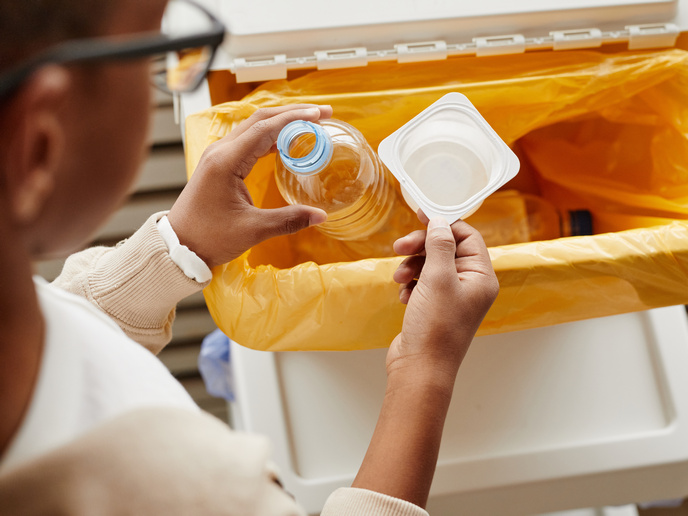Safer production of superior fibre-reinforced plastics
Plastics reinforced with fibre have become the material of choice for many high-performance applications in the aerospace sector. High strength and stiffness relative to their weight compared to metals has been a key driver. Decreases in production costs are now helping them gain a stronghold in applications such as wind energy, deep-water oil platforms, construction and sporting goods. However, production of carbon- or glass-fibre reinforced plastics (CFRPs and GFRPs, respectively) produces harmful dust and chips that pose a hazard to operators' health and to the environment. External suctions and pumps are typically used to remove such airborne particles from the machining area, but they are not efficient and reduce set-up flexibility. In addition, the composites are highly abrasive, causing extensive wear to the tools and making smooth finishing of the parts a challenge. EU-funded scientists working on the project ASPIRATE(opens in new window) developed an internal extraction system to remove dust and chips effectively for a cleaner part and a safer operating environment. The system consists of a hollow (internal aspiration) cutting tool connected to a standard high-speed machining (HSM) tool holder, a modified spindle and a suction pump. The internal chip extraction technology includes abrasion-resistant diamond coating on the hollow cutting tools to protect the machine and parts as well as anti-adhesion coating to protect against jamming due to chips and dust. Preliminary tests of the ASPIRATE system for machining of fibre-reinforced composites delivered exciting results. Commercialisation is expected to have major impact on high-performance and human-safe technologies producing fibre-reinforced composites, putting the EU at the cutting edge of a huge global market.







